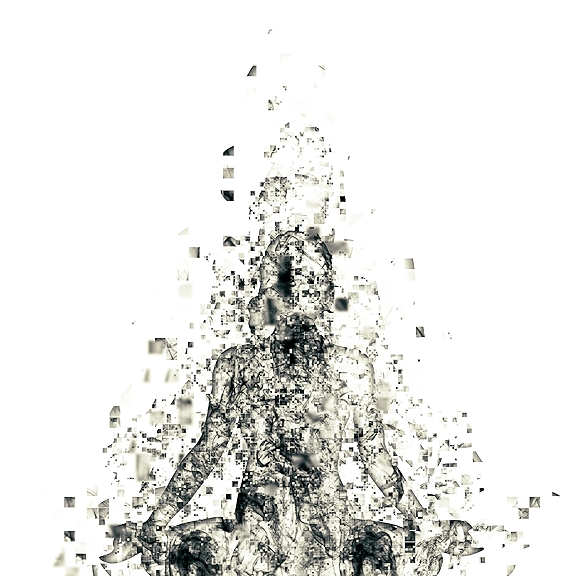05-10-2023
船乗りの喩え tne Ocean metaphor
英語で仏教を味わってみる取り組みです。
北米で語り継がれる「船乗りの喩え」は、浄土真宗の教えのエッセンスが込められている物語で、私はとても好きです。改めてご紹介致します。
船乗りの喩え
the Ocean metaphor
At night a ship leaves the port of a tropical island. After many hours on the high seas a sailor falls overboard. No one on the ship notices that the man is missing, and the ship sails on its way. The water is chilly, and the waves are choppy. It is hauntingly dark. The sailor paddles frantically to keep afloat.
He then starts to swim toward an island he saw before he fell overboard. He has lost all sense of direction. So he is not sure that he is heading the right way. Though he is a good swimmer, his arms and legs soon grow weary. His lungs are tired, and he gasps for air. The sailor feels lost and totally alone in the middle of the ocean. This could be the end for him. As despair overcomes him, his energy drains from him like sand from an hourglass. He begins to choke on the water slapping his face, and he can feel his body being dragged under.
At this instant he hears a voice from the depths of the ocean, “Let go. Let go of your striving! You’re fine just as you are! Namo Amida Butsu.”
The sailor hears the voice and stops his useless striving to swim by his own power. Instead, he turns over on his back with limbs outstretched as if he were in a backyard hammock on a lazy summer afternoon. He is overjoyed to find that the ocean holds him afloat without any effort on his part!
Now, the water feels warm and the waves are calm. The ocean that seemed ready to drag him under now caresses him. He is grateful and happy to know that he is all right. He realizes that he was fine all along. He just didn’t know it. The ocean has not changed at all. By changing his thinking, the sailor’s relationship with the ocean has changed. The sea changed from being a dangerous and frightening enemy to a friend who embraced and supported him.
The sailor knows that he cannot stay afloat forever in the middle of the ocean. If he had no worldly obligations, maybe he could afford to stay and rest in this joyful calm. But the image of his wife and small children waiting anxiously at home inspires him to try to reach the shore.
He begins to swim as before, but with one important difference. He now trusts the ocean as he would a caring and protecting loved one. He knows that whenever he becomes tired, he can let go, and the ocean will support him. More importantly, he now knows that while he swims, it is the power of the ocean, not his own power that keeps him afloat. Yes, he moves his limbs to swim, but he has learned he can stay afloat by not striving.
Now that he feels safe in the arms of the sea, the sailor can think about finding the island. He studies the positions of the stars and the moon and the direction of the wind. Using his training as a sailor, he imagines where the island might be and moves toward it. The swimmer has no guarantee that he has chosen the right direction, but he is now sure that the ocean will not let him down. Eventually he will reach the island. In appreciation for this newfound confidence and joy, the sailor hears himself uttering, “Namo Amida Butsu.”




















